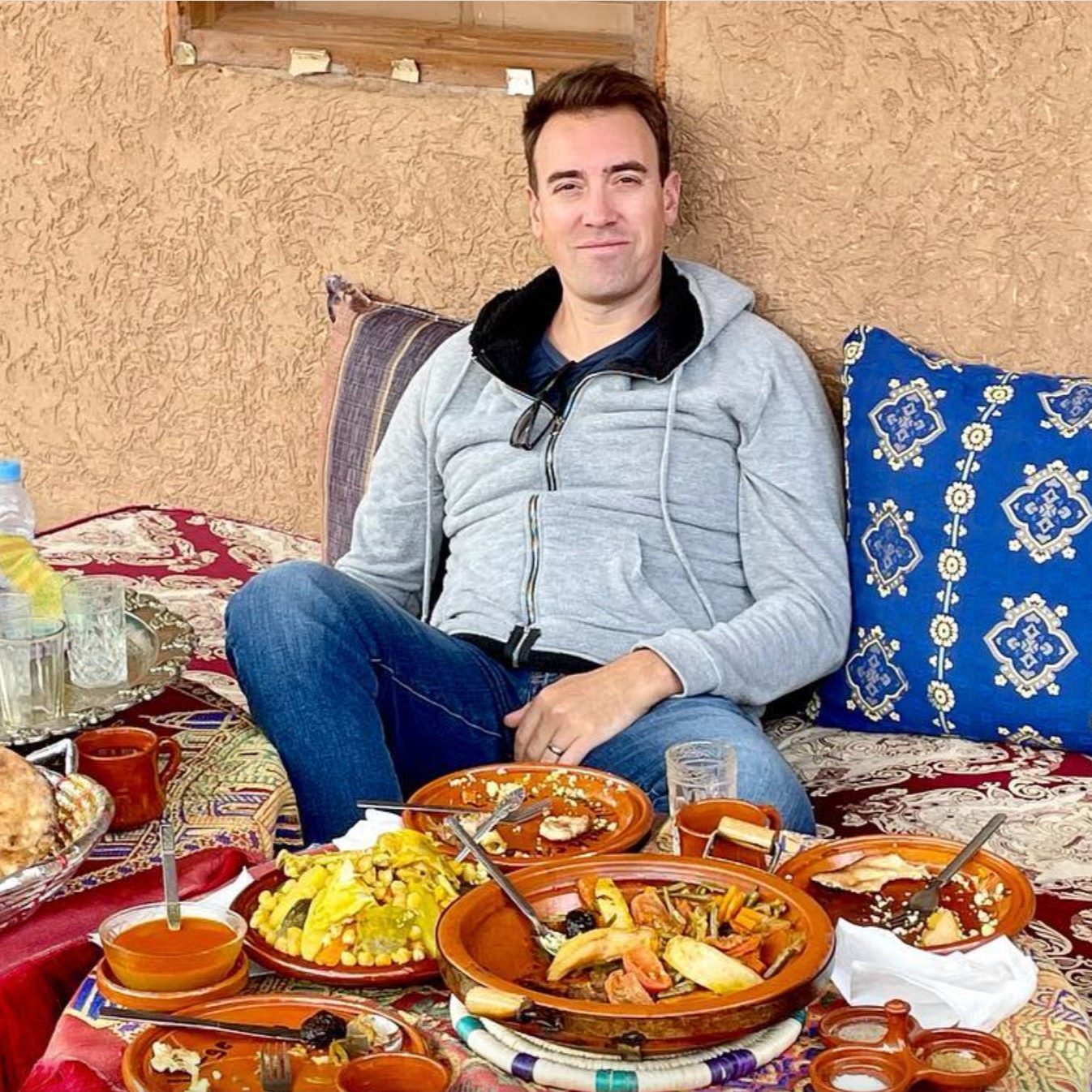My wife is pregnant with our first child. We’ve been talking a lot about the future lately — where we’re going to live, whether to hire help for the first few weeks or do it ourselves, when we’re going to start sleep-training, etc.
This all sounds good. It may feel like we have a good jump on things, but one major problem is that we don’t have all of the information yet. We anticipate having a healthy baby and my wife having a normal run-of-the-mill recovery, but we just don’t know for sure. My experiences in life and markets tell me that the unthinkable happens quite often.
It’s uncomfortable to think about, but what if the baby is born eight weeks premature? What if my wife needs a C-section? What if our house burns down two weeks before the scheduled due-date? What if one of us contracts a bad case of Covid right after the baby is born? We have to be ready for the curveball(s), the scenarios that are uncomfortable to think about.
Instead of planning for our ideal scenario, I think a better approach is being prepared for as many different ones as possible. We can start by getting the big things right — having enough money saved, being as healthy as possible, going to best possible doctor, hashing out the back-up plans with each other. These, among other things, I think go a long way to keeping us “out of the red” as I call it (i.e. a danger situation).
I think people spend too much time planning for their ideal scenario. They’re think they’re prepared, but they’re only prepared for one specific outcome. This is an illusion. When something happens that they’ve never considered before, they’re more likely to respond emotionally which often leads to more serious mistakes. Think about your own life experiences — how often does the ideal happen? For me, almost never.
Planning for specifics caters to our desire for certainty. We want things to be just the way we like them. This sounds nice, but isn’t reality.
Plan for nothing. Prepare for everything.


